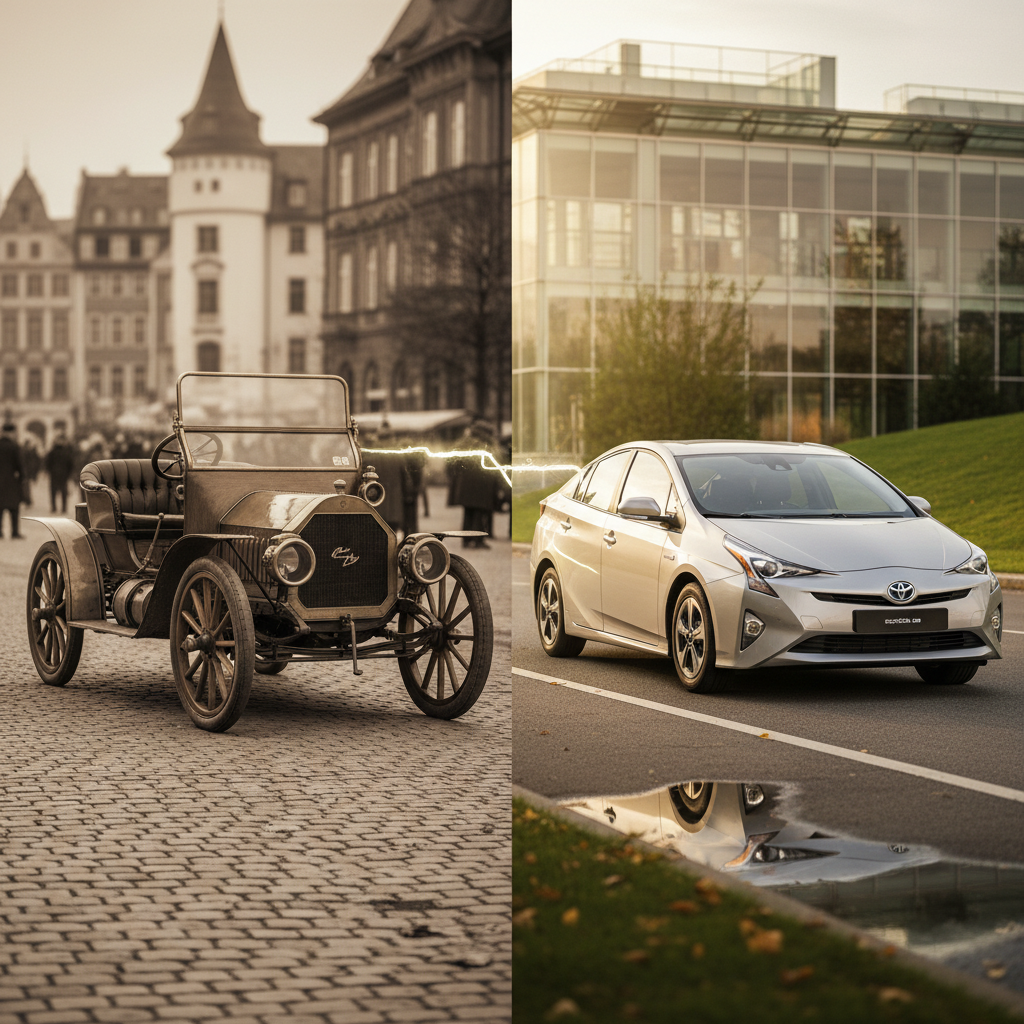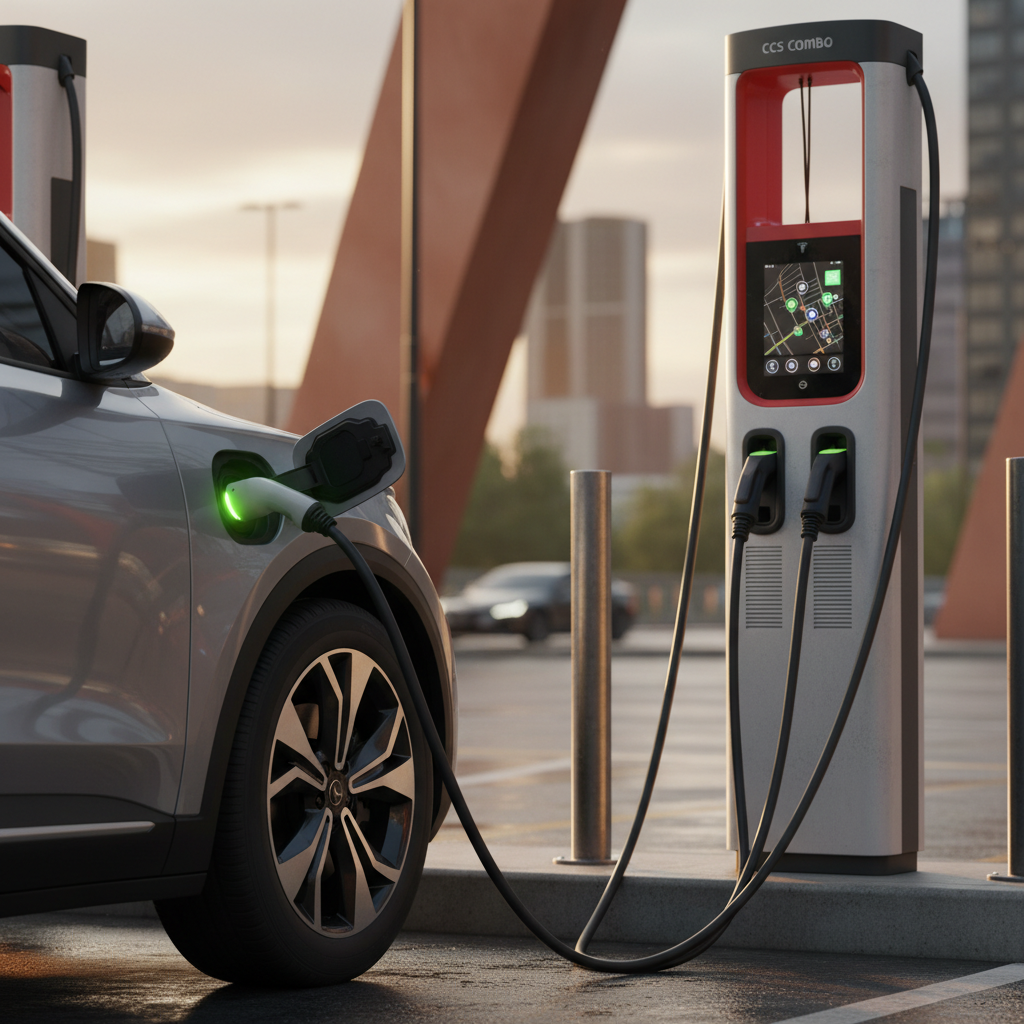If you’re watching every dollar you spend on transportation, the best used economy cars can be your secret weapon. Today that doesn’t just mean tiny gas sedans, it now includes efficient hybrids and increasingly affordable electric vehicles that slash both fuel and maintenance costs.
Economy = Total Cost, Not Just MPG
Why Used Economy Cars Matter in 2025
Gas prices have been anything but predictable over the last few years, and new-car prices remain historically high. That’s pushed more buyers toward fuel‑efficient used cars that keep monthly payments and running costs under control. Well-chosen economy cars can easily deliver 30–50+ mpg, or in the case of EVs, the equivalent of over 90 MPGe, with lower maintenance than bigger, thirstier vehicles.
Used Economy Cars by the Numbers
What Counts as an Economy Car Today?
1. Efficient Gas Compacts
Think Honda Civic, Toyota Corolla, Hyundai Elantra, and similar models. They’re simple, proven, and widely available. Many deliver 30–36 mpg combined without hybrid complexity.
They’re a great fit if you do mixed city and highway driving and want predictable maintenance with any local shop.
2. Hybrids and EVs
Hybrids like the Toyota Prius or Honda Accord Hybrid stretch gasoline further, 40–50+ mpg combined. Electric cars such as the Chevy Bolt EV or Nissan Leaf eliminate fuel entirely and trade it for cheap electricity.
They’re ideal if you have a regular commute, access to home or workplace charging, and want to minimize long‑term operating costs.
Don’t Ignore Safety Tech
Best Used Gas Economy Cars
Gas-powered economy cars are still the easiest entry point: no learning curve, no charging, and plenty of inventory. Here are standouts that balance fuel economy, reliability, and value.
Top Picks: Used Gas Economy Cars
Compact and midsize sedans that sip fuel and are easy to live with.
Toyota Corolla (2017–2022)
The Toyota Corolla is a safe bet if you want long‑term reliability and low running costs. Recent generations commonly return around 30 mpg city and 40 mpg highway in EPA testing.
- Pros: Excellent reliability record, cheap parts, strong resale value.
- Watch for: Fleet‑spec models with sparse features; verify basic safety tech like automatic emergency braking.
Honda Civic (2016–2021)
The Honda Civic combines strong fuel economy, often mid‑30s mpg combined, with a more enjoyable drive than many rivals. It’s also roomy enough for small families.
- Pros: Fun to drive, spacious interior, high reliability ratings.
- Watch for: Modified or heavily tuned examples; always inspect for accident repairs.
Hyundai Elantra (2017–2022)
The Hyundai Elantra is a value play: typically cheaper than a Civic or Corolla with similar equipment and efficiency in the low‑to‑mid 30 mpg range.
- Pros: Lower purchase price, generous feature content, long original warranty.
- Watch for: Incomplete maintenance history; budget for fresh fluids and tires.
- Other solid gas economy choices: Mazda3 (2015–2018) for a sporty feel and strong reliability.
- Consider Kia Forte (2018–2022) and VW Jetta (2019–2022) if you find clean examples at good prices.
- For a roomier yet efficient option, a Toyota Camry with the base four‑cylinder can still deliver impressive mpg for a midsize sedan.
Best Used Hybrid Economy Cars
If you drive a lot of miles or spend most of your time in stop‑and‑go traffic, a hybrid can pay off quickly. The electric motor handles low‑speed work, gasoline steps in at higher speeds, and regenerative braking recovers energy you’d otherwise waste as heat.
Top Picks: Used Hybrid Economy Cars
Hybrids that deliver 40–50+ mpg and proven durability.
Toyota Prius (2016–2022)
The Toyota Prius remains the poster child for fuel‑sipping hybrids, with many drivers reporting 45–55 mpg in real‑world use. Later models add improved ride quality and a more conventional driving feel.
- Pros: Exceptional fuel economy, strong reliability data, widely available.
- Watch for: Ride quality and road noise that may feel "economy" compared with newer hybrids; confirm battery health on higher‑mileage cars.
Toyota Corolla Hybrid & Honda Accord Hybrid
The Corolla Hybrid takes everything good about the Corolla and adds hybrid efficiency, often in the high‑40 mpg range. The Accord Hybrid offers more space and comfort with 43–48 mpg combined in many model years.
- Pros: Familiar driving experience, excellent safety suites, strong resale value.
- Watch for: Higher purchase prices than non‑hybrids; shop around to ensure the fuel savings justify the premium.
Hybrid Battery Concerns?
Best Used Electric Economy Cars
Electric cars are redefining what an economy car can be. There’s no oil to change, no exhaust system, and fewer moving parts overall. Electricity is usually cheaper per mile than gasoline, especially if you can charge at home overnight. The trade‑offs: range, charging access, and battery health become central to the equation.

Top Picks: Used Electric Economy Cars
Affordable EVs that keep energy and maintenance bills low.
Chevrolet Bolt EV (2017–2023)
The Chevy Bolt EV helped make long‑range EVs accessible, with many model years delivering over 230 miles of EPA‑rated range. As early leases end and new models arrive, used prices have become increasingly approachable.
- Pros: Strong range for the price, hatchback practicality, zippy around town.
- Watch for: Confirm open safety recalls have been addressed and review battery warranty details carefully.
Nissan Leaf (2018–2022, 40–62 kWh)
A newer‑generation Nissan Leaf with the 40 kWh or 62 kWh battery can be one of the cheapest entry points into EV ownership. Range varies significantly by battery size and trim.
- Pros: Often very affordable, simple to drive, low running costs.
- Watch for: Battery degradation in hot climates; prioritize cars with documented charging and service history.
Other Value EVs
Depending on your local market, you may also find good deals on models like the Hyundai Ioniq Electric, Kia Niro EV, or early Hyundai Kona Electric. These often pair solid range with strong efficiency figures.
- Pros: Quiet, smooth driving experience; excellent efficiency.
- Watch for: Limited DC fast‑charging speed on some early models and regional availability.
Battery Health Can Make or Break the Deal
Comparison Table: Best Used Economy Cars
Snapshot: Gas vs Hybrid vs Electric Economy Cars
Approximate combined efficiency and typical buyer profiles for popular used economy models. Numbers are generalized; always check the exact year and trim.
| Model type | Example models | Typical combined efficiency* | Best for | Main trade‑off |
|---|---|---|---|---|
| Gas compact | Toyota Corolla, Honda Civic, Hyundai Elantra | 30–36 mpg | Drivers who want simplicity, wide parts availability, and low purchase price | Higher fuel spend than hybrids/EVs over high annual mileage |
| Hybrid compact/midsize | Toyota Prius, Corolla Hybrid, Honda Accord Hybrid | 40–52 mpg | Long‑distance commuters and rideshare drivers who pile on city miles | Slightly higher purchase price; complex powertrain may cost more if major repairs are needed |
| Electric hatchback | Chevy Bolt EV, Nissan Leaf, Hyundai Ioniq Electric | 200+ miles range (Bolt/long‑range Leaf); lower for some early EVs | Drivers with predictable daily routes and home/work charging who want the lowest running costs | Charging access and battery health become critical; road trips require more planning |
Use this as a starting point, local pricing, condition, and maintenance history matter just as much as headline mpg or range.
How to Read the Numbers
How to Choose the Right Economy Car for You
1. Start with Your Commute
How many miles do you drive on a typical day, and how often do you take longer trips? If your daily round‑trip is under 60–80 miles and you have somewhere to plug in, a used EV could slash your costs. If you drive long distances in rural areas with sparse charging, a hybrid or efficient gas sedan may be smarter.
2. Factor in Fuel and Electricity Prices
In many parts of the U.S., electricity still beats gasoline on a cost‑per‑mile basis, especially if you charge overnight on a residential rate. Run the numbers using your local gas and power prices; even a modest hybrid can save thousands in fuel over several years.
3. Consider Ownership Horizon
If you tend to keep cars for 8–10 years, prioritizing reliability and warranty coverage becomes crucial. Look closely at brand reputation, crash‑test results, and any remaining powertrain or battery warranty.
4. Think Beyond the Sticker Price
A cheaper car with poor mpg, spotty maintenance, or high insurance rates may end up costing more than a slightly pricier, well‑kept hybrid or EV. Whenever possible, look at total monthly cost, not just the sale price.
Inspection Checklist for Any Used Economy Car
Quick Inspection Checklist
1. Verify Maintenance History
Ask for service records, including oil changes (for gas/hybrid), brake work, coolant services, and any recall repairs. Regular maintenance is often a better predictor of longevity than mileage alone.
2. Check for Accident or Flood Damage
Run a vehicle history report and inspect for mismatched paint, uneven panel gaps, musty smells, or condensation inside lights. Severe past damage can undermine even the most reliable model.
3. Test All Safety and Convenience Features
Confirm that ABS, stability control, airbags, backup camera, and advanced driver‑assistance features work as intended. Replacing cameras and sensors can get expensive fast.
4. Evaluate Tires and Brakes
Uneven tire wear can hint at alignment or suspension issues. Soft brake pedal feel, vibration, or scraping noises deserve immediate attention before you buy.
5. For Hybrids: Listen and Feel for Smooth Transitions
Hybrid systems should switch between electric and gasoline power smoothly. Hesitation, shuddering, or warning lights during the test drive can signal battery or control issues.
6. For EVs: Assess Battery Health and Charging
Check the indicated range at a high state of charge and compare it to the original rating. Ask about typical daily charging habits, and where possible, review a <strong>battery health report</strong> or diagnostic scan.
Saving More by Going Electric with Recharged
If you’re leaning toward an electric economy car but worried about battery health or picking the wrong model, that’s exactly where Recharged can help. Recharged is a retailer and marketplace focused entirely on used EVs, built to make ownership simple and transparent.
How Recharged Helps Used‑EV Economy Shoppers
Lower running costs without unwanted surprises.
Recharged Score Battery Diagnostics
Every EV sold through Recharged comes with a Recharged Score Report that includes verified battery health. That means you can compare used electric economy cars on more than just price and range on paper.
Transparent Pricing & Financing
Recharged benchmarks vehicles against fair‑market pricing and offers financing options, so you can see how a used EV stacks up against a gas or hybrid economy car on monthly cost, not just sticker price.
Trade‑in, Delivery & Expert Support
You can trade in your current vehicle, explore an instant offer or consignment, and arrange nationwide delivery, all while consulting EV‑specialist staff who understand real‑world charging and running costs.
When an EV Beats a Gas Economy Car
FAQ: Best Used Economy Cars
Frequently Asked Questions
Whether you gravitate toward a simple gas compact, a fuel‑sipping hybrid, or a battery‑powered commuter, the best used economy car is the one that fits your daily life, budget, and appetite for change. Start with your real‑world driving needs, use tools like maintenance history and (for EVs) battery reports to filter the field, and don’t be afraid to pay a little more for a well‑kept example. Over years of ownership, that smart choice can save you far more than a rock‑bottom price ever will.



